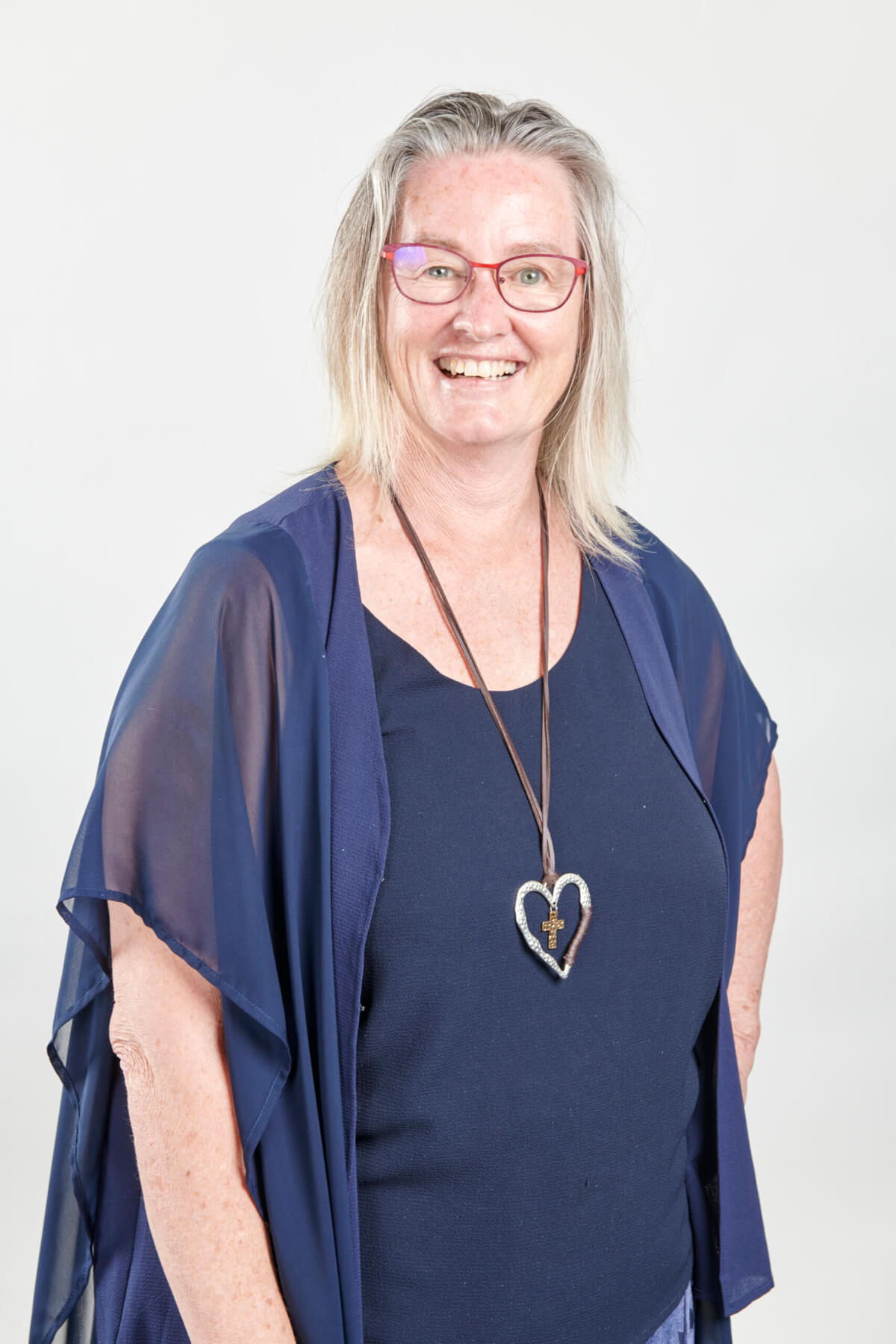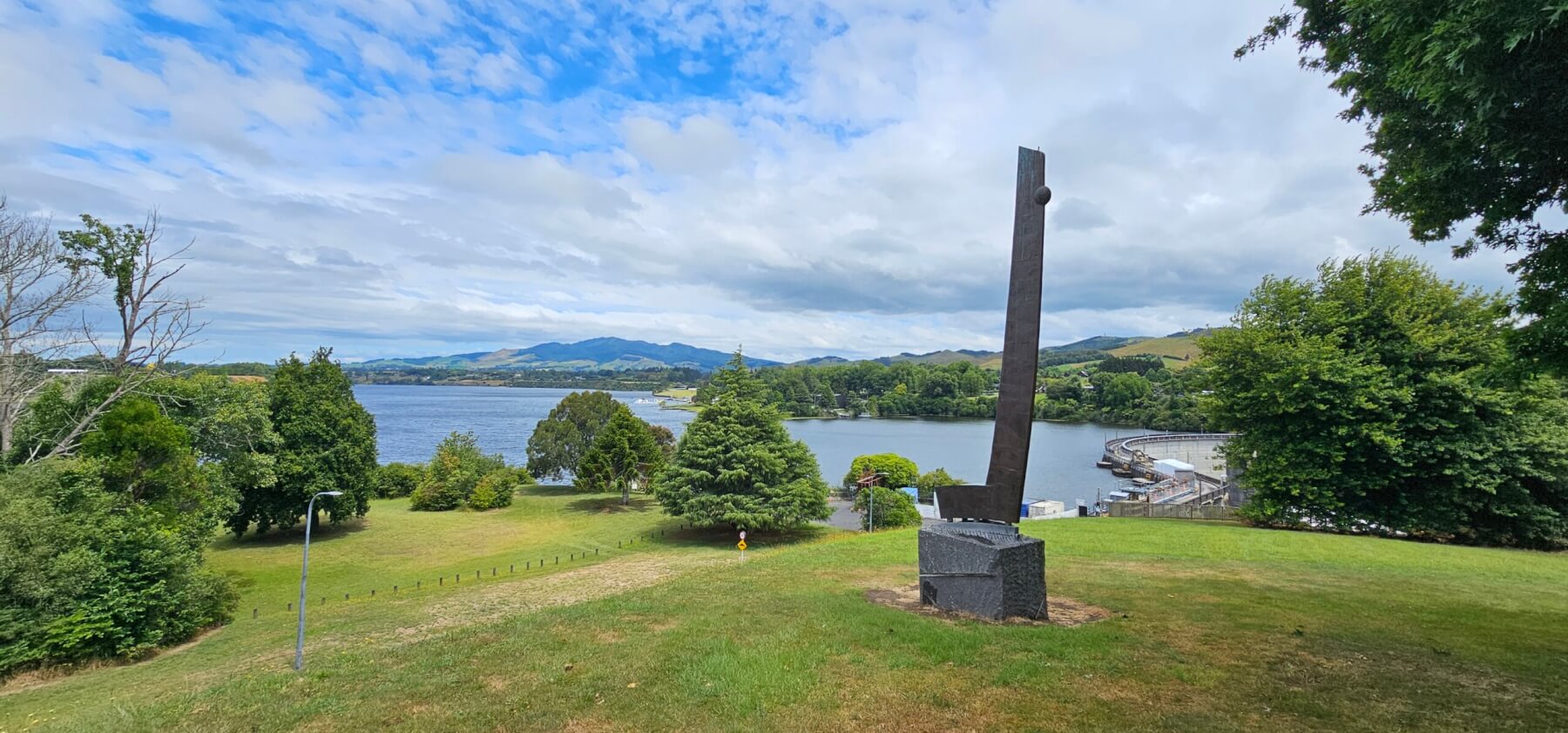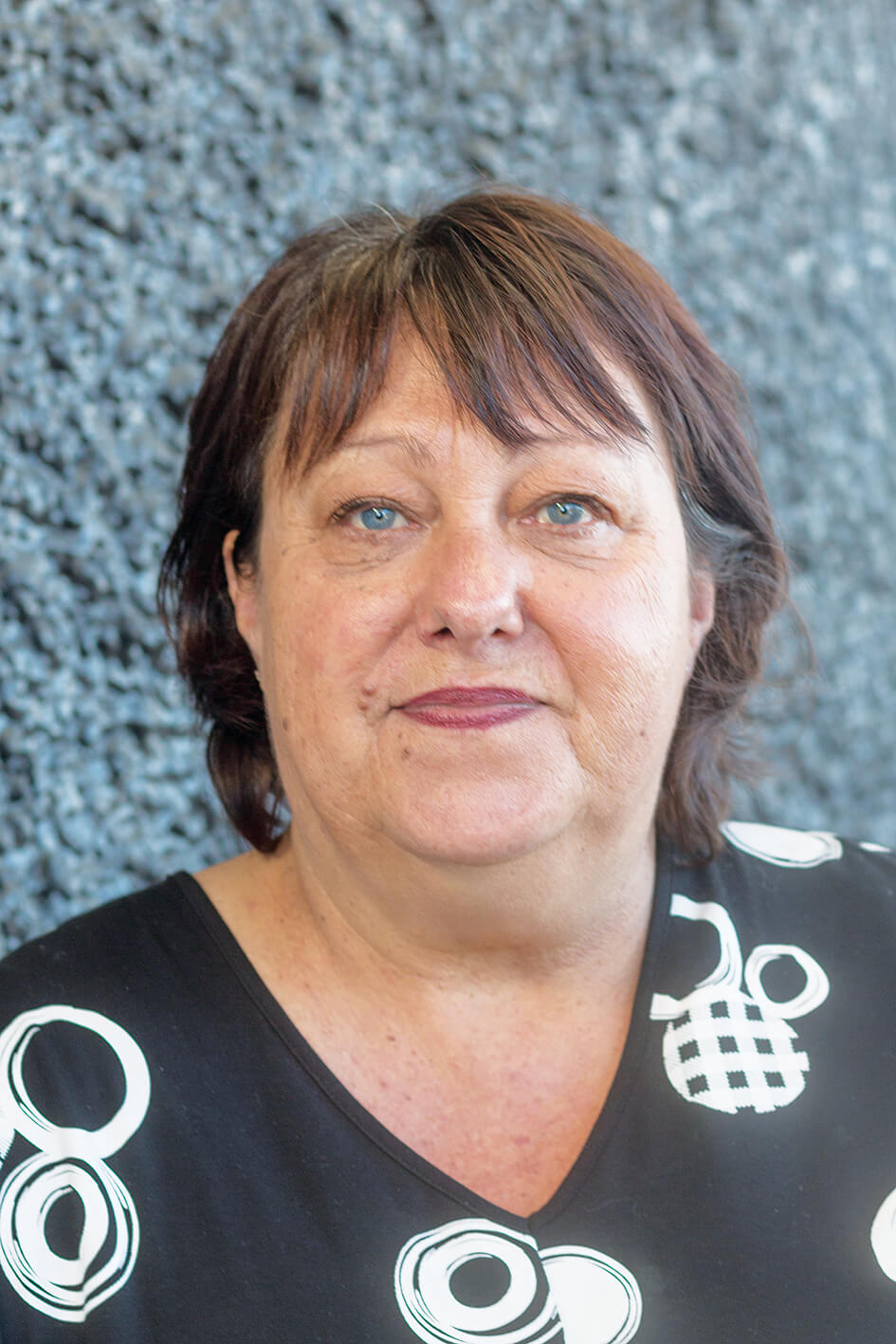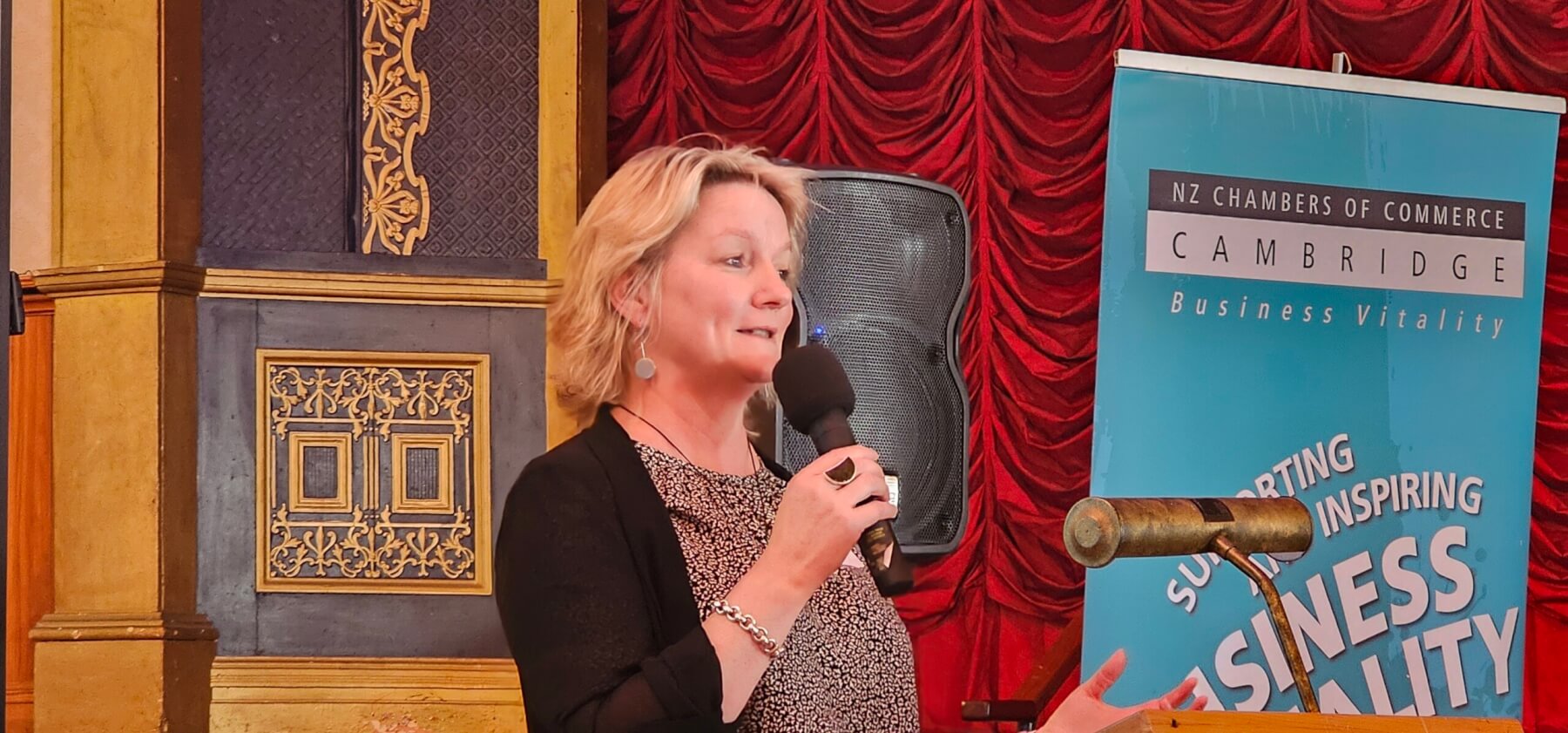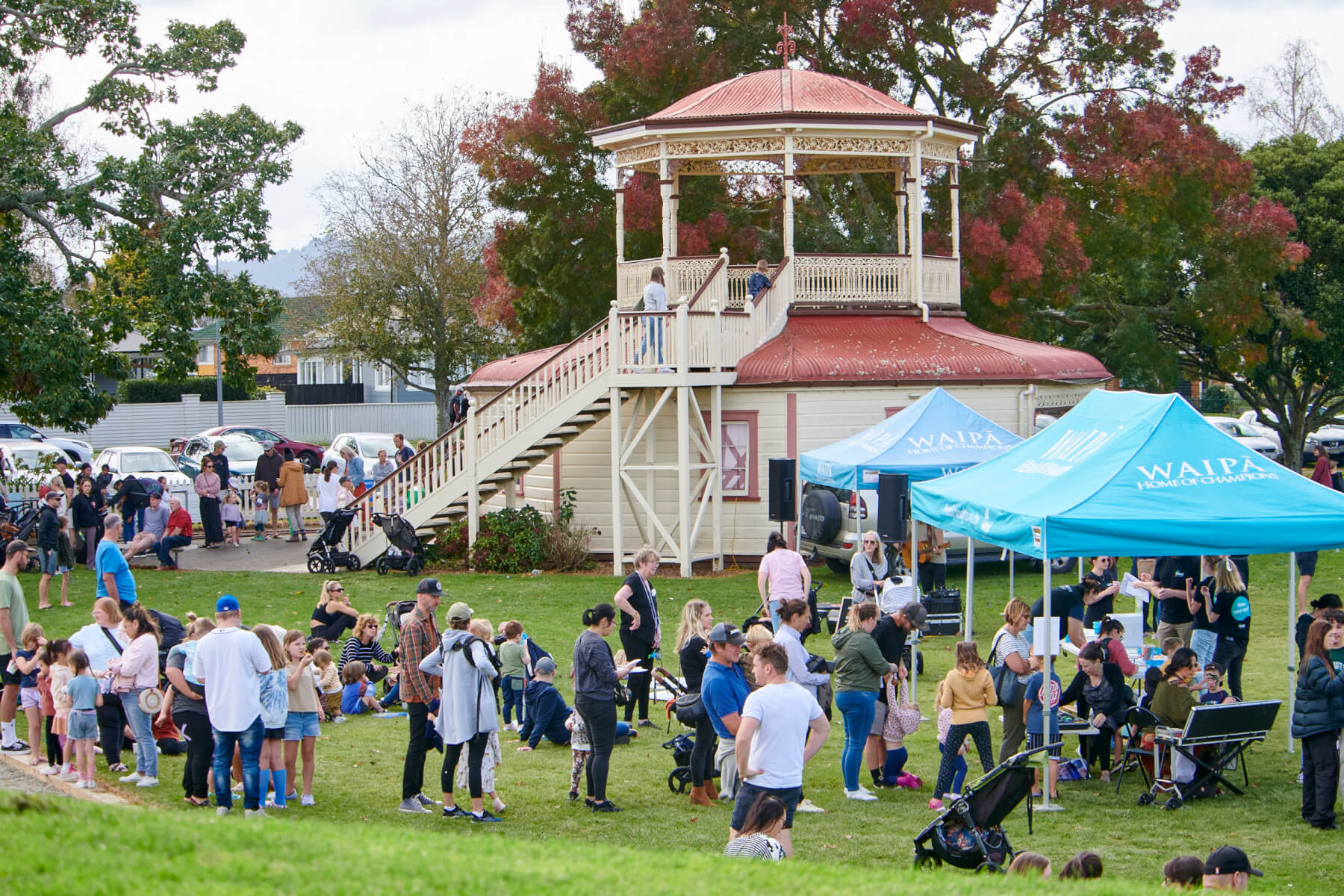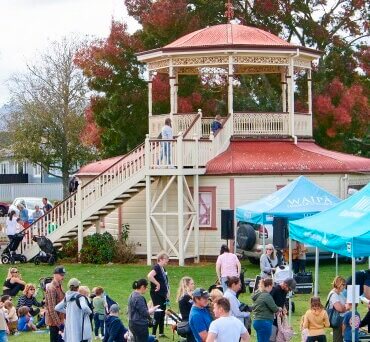
Leamington Domain
A community board member is urging voters to scrutinise Waipā District Council’s spending on contractors and consultants ahead of the upcoming local body elections.
Sally Whitaker, who is not expected to stand again for the Te Awamutu-Kihikihi Community Board, says the Lake Ngā Roto consultation has sucked up thousands of dollars in fees.
The contractor is outdoor spaces planning and management company Xyst which has offices in Australia, Canada and New Zealand. Former Waipā senior reserves planner Anna McElrea, who now works for Xyst has worked on the Ngā Roto project.
“It’s a very colourful 76-page report about their plans for Ngā Roto,” said Whitaker.
“My long-running concern is the lake’s poor water quality. But perhaps unsurprisingly, the root cause of this problem is conspicuous by its absence in the report.”
Ngā Roto is not the only project using Xyst. Whitaker claims the company has been paid $700,000 in three years for several projects including Leamington Domain, sports fields lease model review, cemetery concept plans and capacity analysis, plan change 26 and the Lake Karāpiro Domain Reserve Management Plan.
She suggested it was time such projects run by consultancy services ended.
“Our council’s job is to be a utility provider. Roads, water and rubbish. In today’s era of increasing economic hardship for Waipā families, such projects need to be stopped.”
Whitaker’s concerns are echoed by Cambridge Chamber of Commerce chief executive Kelly Bouzaid, who questioned the council’s consultancy expenses in October last year.
In response to a Local Government Official Information and Meetings Act (Lgoima) request, the council disclosed that it spent $14 million on consultants in the 2024–25 financial year.
Bouzaid said she has yet to receive a detailed explanation from the council, despite follow-ups. She said chief executive Steph O’Sullivan has undertaken to get back to the chamber with more details.
Waipā and other local authorities defend their use of external consultants arguing that many large-scale projects require specialist expertise that would be costly to maintain in-house.
The council acknowledged in the Lgoima request that it did not collect or record specific information on whether suppliers were contractors or consultants.
The $14 million figure was drawn from a general “Consultancy” code in its accounting system, suggesting the actual total could be higher.
Whitaker is still critical of the Lake Ngā Roto consultation, particularly its omission of environmental concerns such as sewage discharge and agricultural runoff and the use of herbicides
“Rather than numerous meetings and useless, possibly unread online reports, ratepayers deserve prudent, value for money, selective spending. What positive outcomes could have been achieved with that $700,000?”




